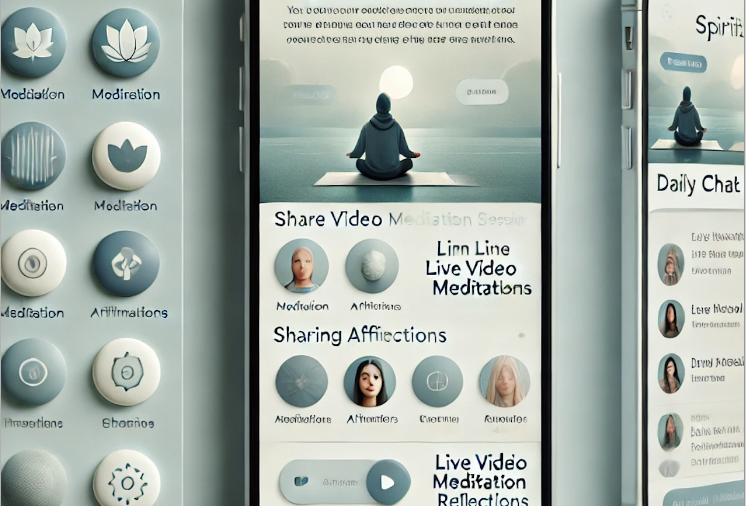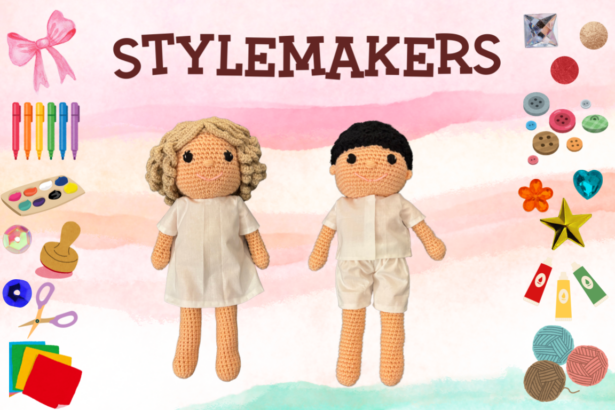My project is a workshop titled Spiritual Leadership: A Course on Self-Knowledge and Well-being in Leadership. It is designed for business leaders and managers who wish to explore how integrating spirituality and self-awareness can enhance their leadership practices, drive innovation, and make a positive societal impact.
The course adopts a holistic learning design that includes foundational theoretical insights, experiential learning activities, and reflective practices. Participants are introduced to concepts like present-moment awareness, empathetic listening, and the principles of compassionate leadership. Interactive elements such as guided meditations, empathy walks, and case clinics encourage learners to apply self-knowledge to their leadership challenges. These concepts equip leaders to build authentic connections, respond thoughtfully to challenges, and inspire their teams through deep presence and empathy. The value lies in fostering environments where trust, compassion, and well-being drive success. Participants leave the workshop with tangible skills that enrich their leadership practices, enabling them to cultivate resilient and adaptive teams.
To extend the learning beyond the workshop, I envision an app that offers guided meditations, daily reflection prompts, and community forums. This app would serve as a continuous resource for participants, and enabling them to sustain their practice and engage self-discovery and growth in the long term.
This project has helped me understand the importance of balancing theoretical knowledge with experiential practices. My approach to this project has been shaped by key ideas from past readings on design thinking and learning theories, emphasising the need to embrace ambiguity and prioritise real-world applications. The iterative design process and feedback from peers have been pivotal in refining the course’s content to be practical, relevant, and impactful. Designing with the learner’s perspective in mind has led to incorporating somatic practices and reflective journaling, which make abstract concepts more tangible. This focus on experiential learning embodies the principle that leadership is not only intellectual but deeply felt and enacted.




